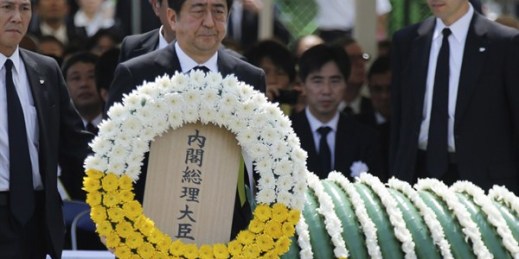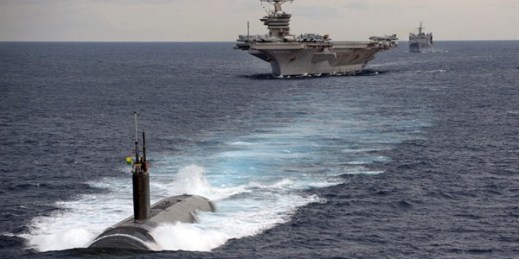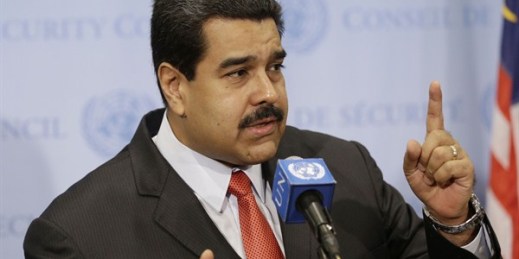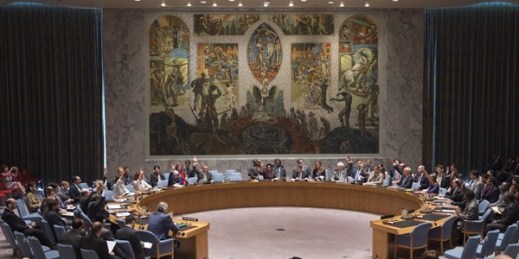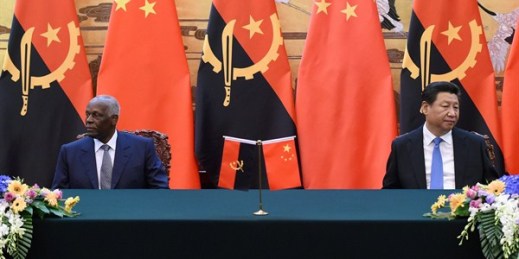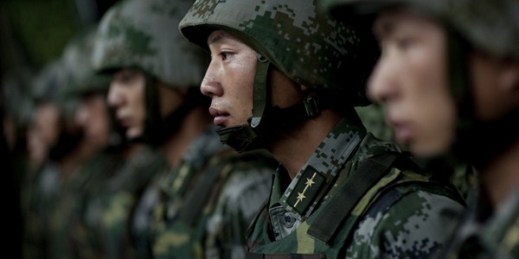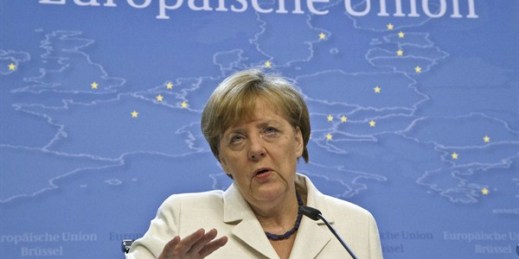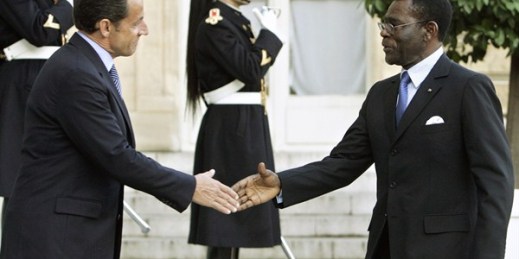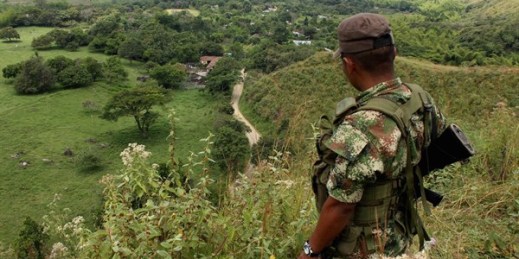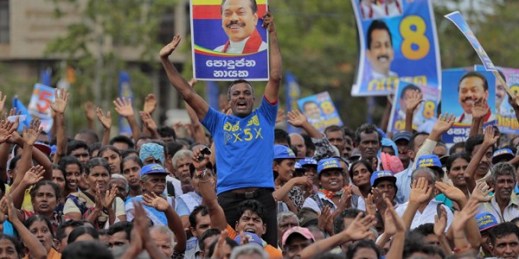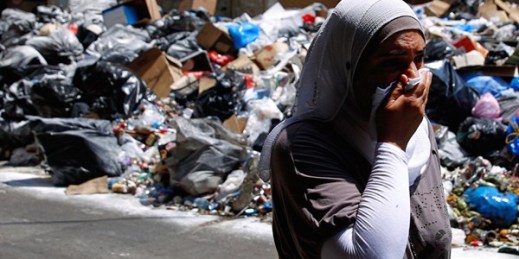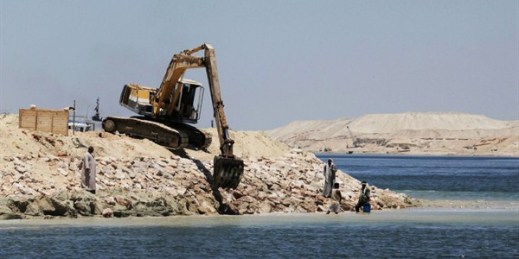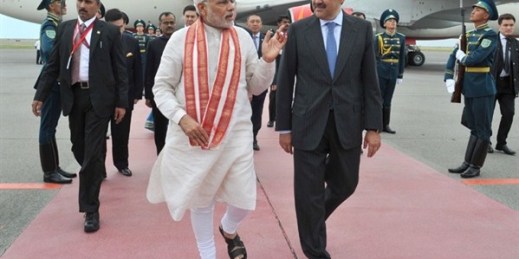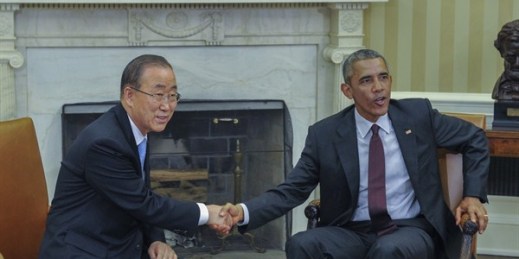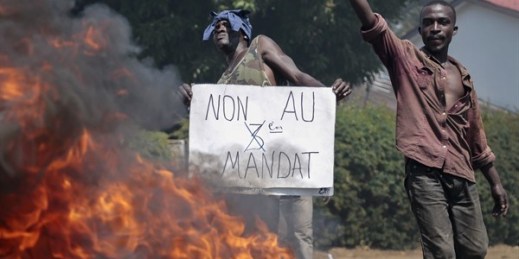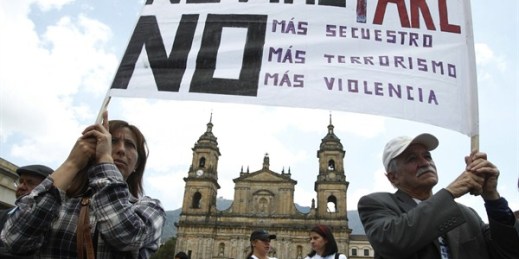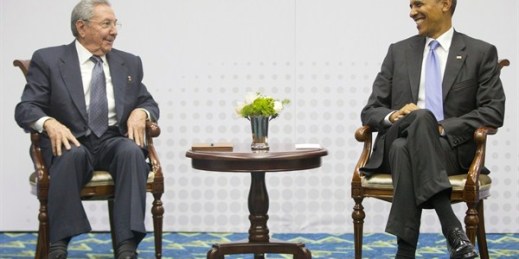
On July 20, an honor guard of three Cuban soldiers in full dress uniform raised the island country’s flag over the embassy in Washington for the first time since January 1961. The re-establishment of diplomatic relations concluded “the first stage” of the dialogue between the United States and Cuba, said Foreign Minister Bruno Rodriguez, but a “complex and certainly long process” of negotiations still lay ahead before the two countries would have truly normal relations. “The challenge is huge,” he added, “because there have never been normal relations between the United States of America and Cuba.” Indeed, myriad issues still […]

